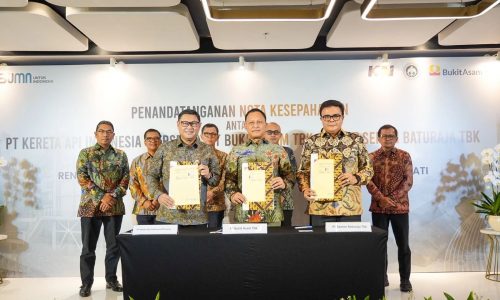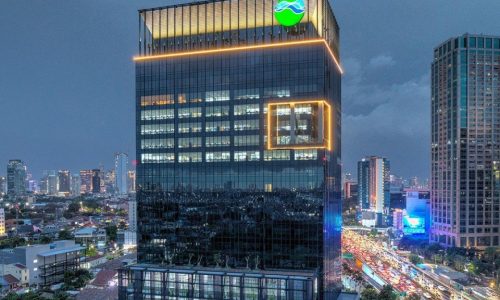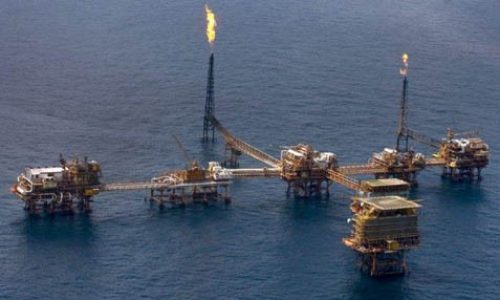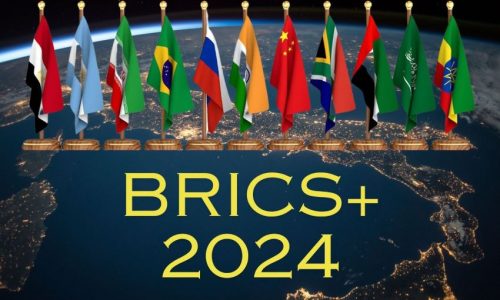State electricity company PT PLN will provide green electricity to fashion company PT Fast Retailing Indonesia (UNIQLO) of 8,978 megawatt hours (MWh) through the Renewable Energy Certificate (REC) service as part of the commitment to support decarbonisation of the industrial sector in the country.
PLN President Director Darmawan Prasodjo said REC is a PLN service that makes it easy for customers to use New Renewable Energy (EBT) in a transparent, accountable, and globally recognized manner. Each REC certificate proves that the electricity used comes from renewable energy plants.
“We appreciate UNIQLO for taking the initiative to use PLN’s green electricity in an effort to support the energy transition and sustainability of the fashion industry in the country. We are committed to providing the best green electricity services through REC,” Darmawan said in a statement on Tuesday, July 9, 2024.
He emphasized that the use of PLN REC is key in the journey to achieve Net Zero Emissions (NZE) by 2060. PLN will continue to encourage various parties to take an active role in realizing carbon emission reduction, one of which is through REC services.
General Manager of PLN Greater Jakarta Distribution Unit, Lasiran, also appreciated UNIQLO for using PLN green electricity for all its offices and tenants in Indonesia.
He expressed hope that UNIQLO’s move can be an example for other companies in using environmentally friendly electricity.
“UNIQLO’s initiative shows a high awareness of the importance of clean energy. We hope more companies will follow suit,” Lasiran said.
UNIQLO’s Sustainability & Corporate PR Manager, Yulia Rachmawati, said that the company encourages the use of new renewable energy as part of its commitment to sustainability.









